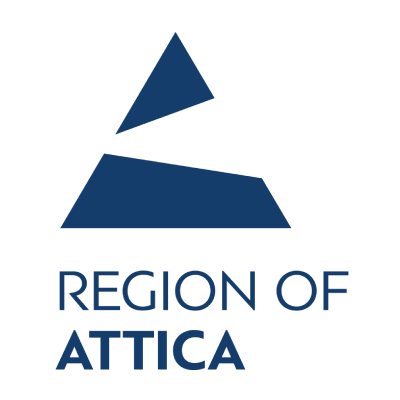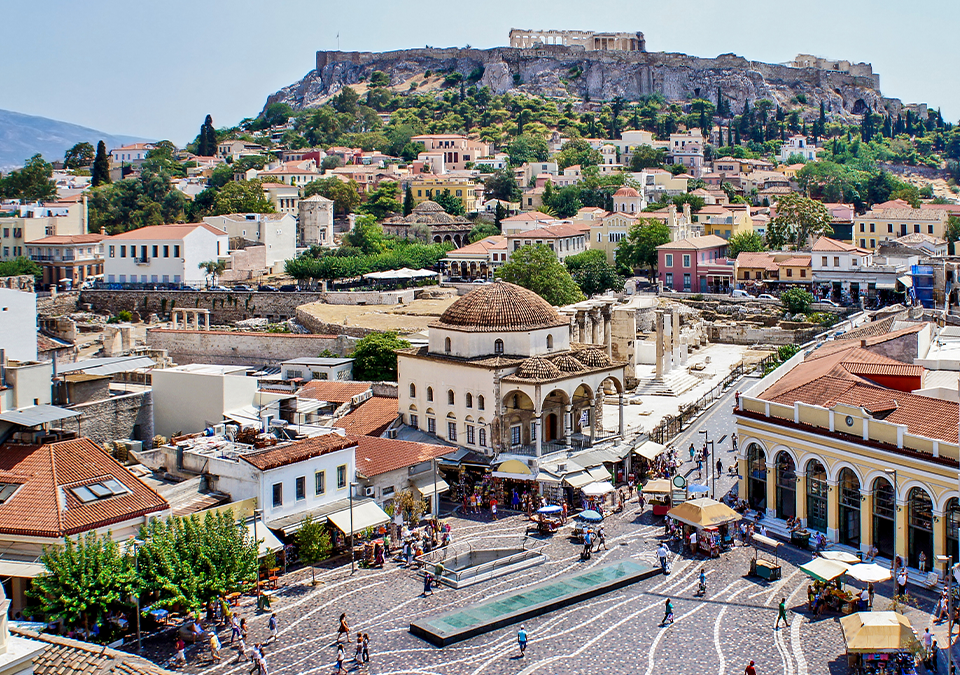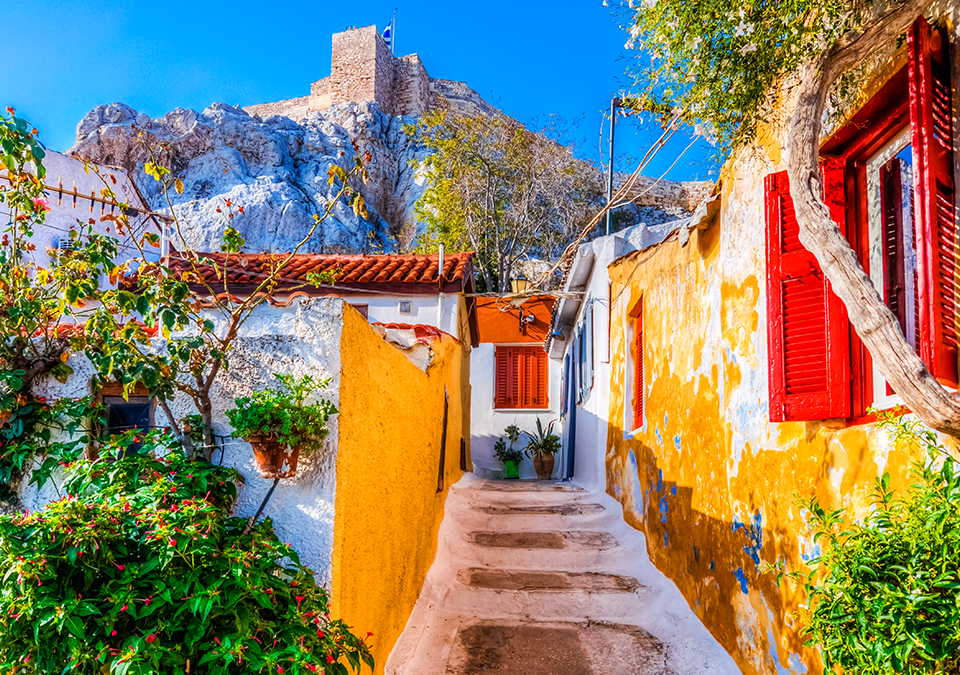Marathon 2023: 40 years of Authentic course
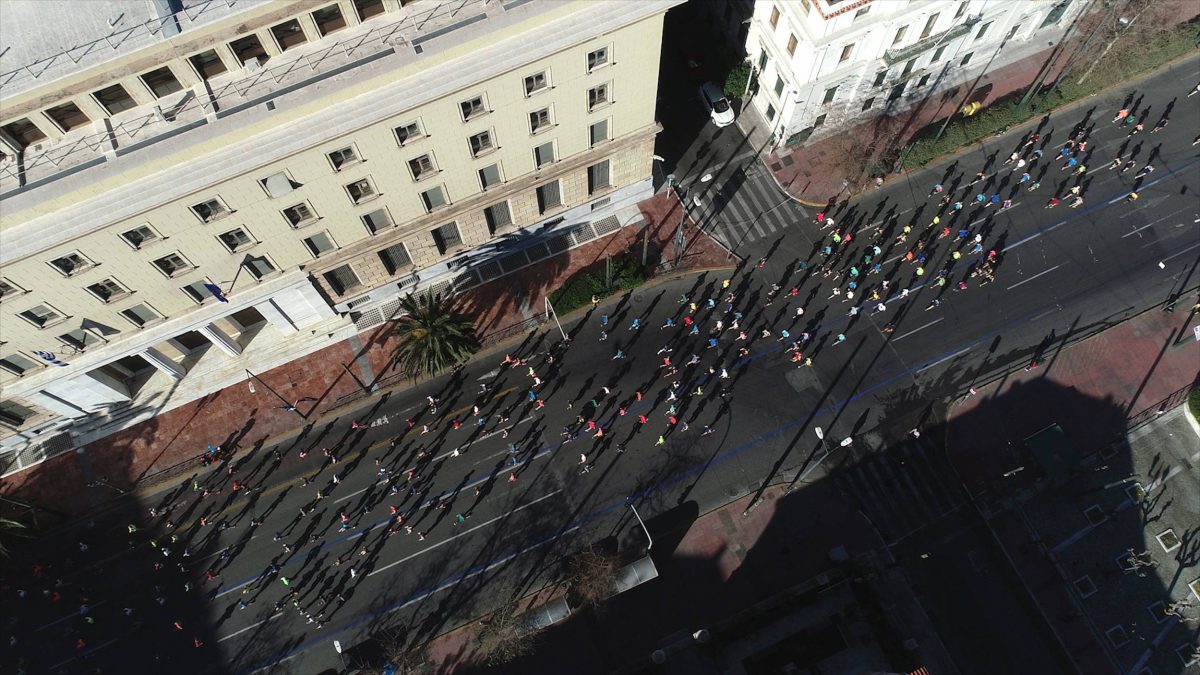
Hardly anyone, having ever run for just a mile, would not have considered the idea of participating in the Athens Authentic Marathon.
Even if they suffered while running, it is almost impossible not to dream of touching the finishing line in the Panathenaic stadium, becoming a part of history themselves. Many are the runners who love the New York Marathon, the London Marathon, the Boston Marathon, or the Berlin Marathon, but only in Athens can one experience the unique feeling of following in the steps of the most important running messenger ever.
According to Philostratos, running messengers were professional runners, having as their main duty to transfer news about wars, while all armies in Ancient Greece had a running messenger, to serve their communication needs. This is exactly what legendary Pheidippides did: in 490 BC, Pheidippides carried to Athens the message about the victory of the Athenians over the Persian army in the Battle of Marathon.
Of course, in antiquity, the idea of Marathon didn’t even exist, the Marathon wasn’t a sport and had nothing to do with a specific trail, until the French teacher Michel Breal convinced his friend Pierre de Coubertin to include Marathon as an official sport in the First Olympic Games in Athens in 1896.
However, contrary to what many people might believe, the first Marathon didn’t take place during the Olympic Games, but a few days earlier. During the First Running Races of the Panhellenic Games on March 10, 1896, Marathon served as a qualification race for the big event in Athens. The winner of this race was Charilaos Vassilakos, with a time of 3 hours and 18 minutes, while Spiros Louis, the legendary winner of the first Olympic Games Marathon, came fifth. The 29 -year- old water carrier from Maroussi, aka Spiros Louis, got his revanche on March 29, entering first the Panathenaic Stadium, with a time of 2 hours 58 minutes and 50 seconds.
However, the Marathon length hadn’t always been the same. Marathon runners used to run for about 40 kilometers, which was the case for the games to come in the following years. It was in 1924 when the International Olympic Committee established the 42,195 – meter distance, which is the very same distance covered by the runners during the London Olympic Games in 1908.
it took almost a century for a Marathon to take place on its authentic trail in Athens, as it was not until in 1983 that the Authentic Marathon became -again- a major sports event. Starting as an amateur race, the Athens Authentic Marathon became what it is today, a well – organized and growing- in -popularity sports event, while this year’s event is about to break all previous records, in terms of participation.
It goes without saying that the trail from Marathon to Athens is an extremely demanding one because of the ground inclination, and it is widely admitted that no world record could ever be achieved on it. However, those covering this trail are rewarded with so much more than beating a chronometer, such as the unique feeling of reaching the Panathenaic Stadium, where the first Olympic Games were held.
On the weekend of 11 and 12 November, 70,000 people will put on their trainers and set off to race against themselves, raising the rate of participation beyond any expectation. Imagine that only at the starting point in Marathon there will be 21,000 people, aspiring to connect with this holy ground. The first runner to finish the race is expected to arrive at the Panathenaic Stadium before 11:00, while the last one is expected to finish around 18:00. Despite this 7- hour gap between the runner who finishes the race first and the one who finishes it last, both runners are connected thanks to the power they get from simply being there.
About 71.700 runners from 140 countries will run in all the races
18.000 runners from abroad
21.000 runners for the Marathon trail
21.000 runners for the 5 km
20.000 runners who will run the 10 km
8.000 children in the kids’ races
For the ones finishing first, as well as for those finishing later. For those who will run fast and for those who will stop, get tired, consider quitting, and yet find the courage to keep on running. All of them, as they reach the statue of the Runner at the Hilton in the last two kilometers, will feel the same awe. The thrill of entering the – packed with people-Panathenaic Stadium is the ultimate reward.
Running a Marathon is a lesson. A lesson that can push us to become better. Better for the people around us, better for ourselves. And it goes all the way down for the thousands of people who will be standing, applauding the participants, giving them strength during the race, but also waiting for them at the finishing line, becoming also part of history themselves.
The Athens Authentic Marathon celebrates its 40 – year anniversary and enjoys the grace and virtue it deserves: it can be proud of making its way towards becoming the number 1 Marathon in the world.
Click here to see the full schedule of the 40th Authentic Athens Marathon.
